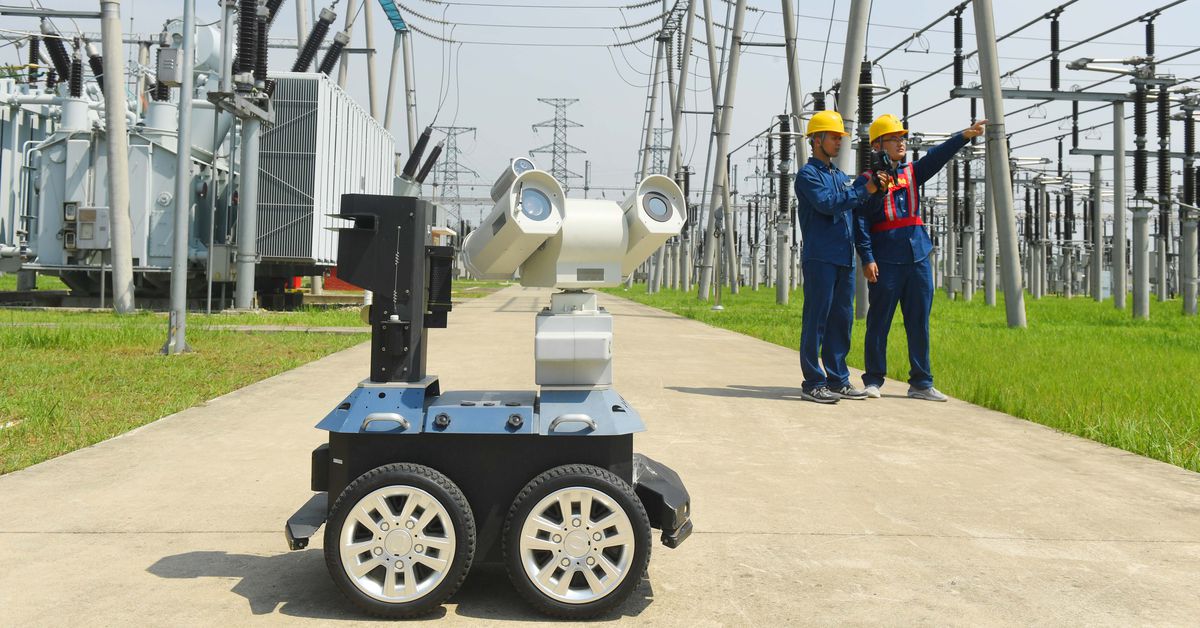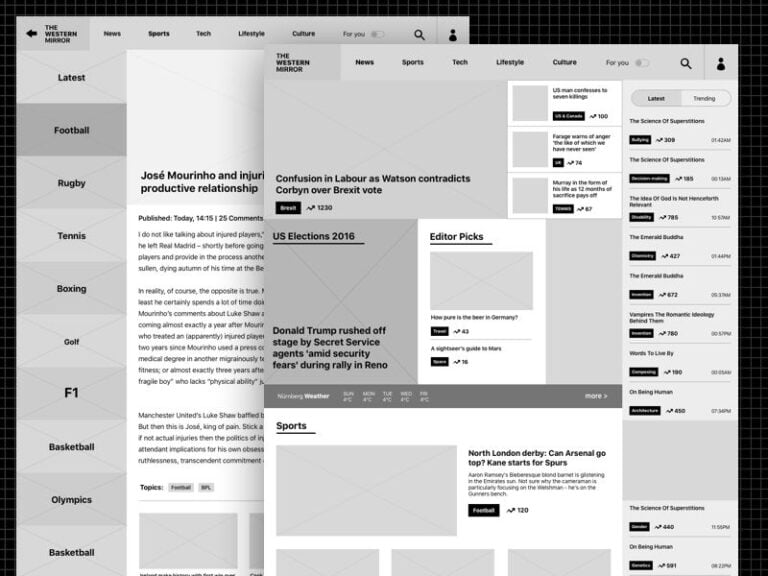
The Pentagon’s first-ever chief software officer abruptly quit earlier this month, and now we know exactly why: Nicolas Chaillan, former CSO of the United States Air Force and Space Force, told the Financial Times that the United States has “no competing fighting chance against China in 15 to 20 years” when it comes to cyberwarfare and artificial intelligence.
Chaillan, a 37-year-old tech entrepreneur, added that cyber defenses at many government agencies are at “kindergarten level,” and that companies like Google were doing the US a disservice by not working with the military more on AI, since Chinese companies were making a “massive investment” in AI without getting all hung up on the ethics of it all. And while quitting your job because America has already lost the AI race is a bit dramatic, Chaillan isn’t the only one who’s concerned about China’s dominance in this arena.
A growing number of leaders in Washington and Silicon Valley are worried about the US falling behind in the race to AI supremacy. Congressional hearings on the future of AI have been going on since 2016, and Chaillan said he plans to testify in some upcoming ones. Earlier this year, the National Security Commission on AI, a project chaired by former Google CEO Eric Schmidt, also boldly declared that China is poised to surpass the US as the world’s “AI superpower.” In a statement signed by Elon Musk, Jack Dorsey, and Stephen Hawking, among thousands of scientists, the commission said, “AI technology has reached a point where the deployment of such systems is — practically if not legally — feasible within years, not decades, and the stakes are high: autonomous weapons have been described as the third revolution in warfare, after gunpowder and nuclear arms.”
For years, pundits have been comparing the AI race to the space race — and warning that the US is losing it. It’s a handy analogy, since it helps Americans put current conflicts with countries like China and Russia into the familiar context of the Cold War. Many have argued that we’ve found ourselves in a second Cold War and that the country that wins the AI race will take the throne as the dominant superpower. But the AI revolution isn’t just about fighting wars or geopolitical dominance. What we’re racing to build will transform almost every aspect of our lives, from how we run businesses to how we process information to how we get around.
So it’s imperative that the US is thoughtful about quickly charging into a future filled with autonomous cars, boundless data collection, and full-time surveillance. These are the applications that next-generation AI will enable, and if a small group of powerful tech companies and/or the US military pushes for innovation without putting the proper guard rails in place, this world-changing technology could lead to some grim unintended consequences. President Biden called for the US and Europe to work together on developing new technology responsibly in a February speech at the Munich Security Conference.
“We must shape the rules that will govern the advance of technology and the norms of behavior in cyberspace, artificial intelligence, biotechnology so that they are used to lift people up, not used to pin them down,” Biden said. “We must stand up for the democratic values that make it possible for us to accomplish any of this, pushing back against those who would monopolize and normalize repression.
You could also look to present-day China to see what the near future of a more AI-centric society might look like. As Kai-Fu Lee argues in his book AI Superpowers: China, Silicon Valley, and the New World Order, China has been more aggressive at implementing AI breakthroughs, especially in surveillance and data collection applications, thanks in part to government support and a lack of oversight that’s let some tech companies there leapfrog the competition and dominate entire industries. WeChat and its parent company, Tencent, are perfect examples of this. On WeChat, privacy does not seem to be a priority, but the vast quantities of data the app can collect are certainly helpful for training AI.
“Imagine, if you will, that Facebook acquired Visa and Mastercard and integrated everything into the functions, as well as invested money into Amazon and Uber and OpenTable and so on and so forth, and made an ecosystem that once you log into Facebook, all these things are one click away and then you could pay for them with another click,” Lee told New York magazine. “That is the kind of convenience that WeChat brought about, and its true worth is the gigantic data set of all the user data that goes through it.”
This is the sort of winning-at-all costs approach that appears to give China a leg up in the AI race. China also appears to be playing catch-up when it comes to establishing standards for algorithmic ethics. Just last week, the country issued its first-ever guidelines on AI ethics. The US has long known that algorithms can be racist or sexist, and the Pentagon adopted its guidelines on ethical AI nearly two years ago. And as we’ve learned more recently, the AI that companies like Facebook and YouTube use to serve up content can also be used to radicalize people and undermine democracy. That’s why — especially in the wake of Facebook’s whistleblower scandal that revealed internal research showing that its products were harmful to some users, including teenage girls — lawmakers in the US lately seem more interested in talking about how to regulate algorithms than how to beat China in the AI race.
The two things aren’t mutually exclusive, by the way. Chaillan, the former military software chief, has certainly earned his right to an opinion about how quickly the US is developing its cyber defenses and artificially intelligent computers. And now that he’s taking his knowledge of how the Pentagon works to the private sector, he’ll probably make good money addressing his concerns. For the rest of us, the rise of AI shouldn’t feel like a race against China. It’s more like a high-stakes poker game.
This story first published in the Recode newsletter. Sign up here so you don’t miss the next one!





